Latest Articles about Influence Operations
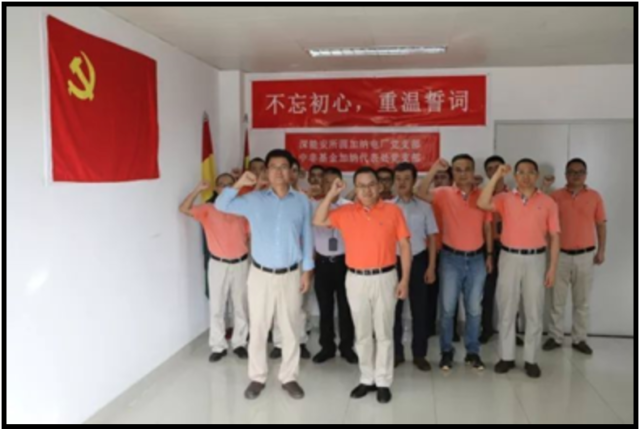
Globalizing Leninist Institutions: Trends in Overseas Party Building
Introduction The Chinese Communist Party (CCP) Organization Department’s initiatives to build an organizational infrastructure with global reach evoke China’s revolutionary tradition, drawing lessons from history as the CCP prepares to celebrate its centennial this year. In the early 20th century, overseas party branches of both... MORE
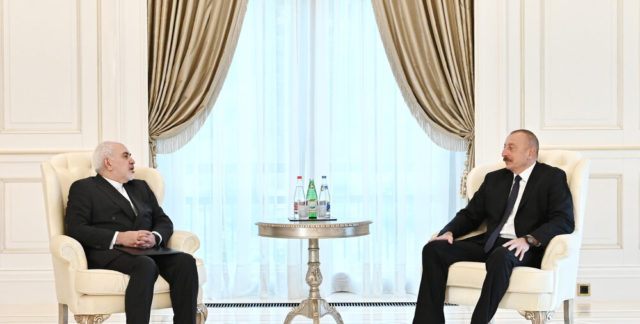
Iran and the 3+3 Regional Cooperation Format in the South Caucasus: Strengths and Weaknesses
Over the past three decades, various initiatives for regional cooperation in the South Caucasus have been proposed, including the “Peaceful Caucasus Initiative” (Eduard Shevardnadze), “Stability Pact for the Caucasus” (Suleyman Demirel, on January 16, 2000), “Caucasus Stability and Cooperation Platform” (Recep Tayyip Erdoğan, August 13,... MORE
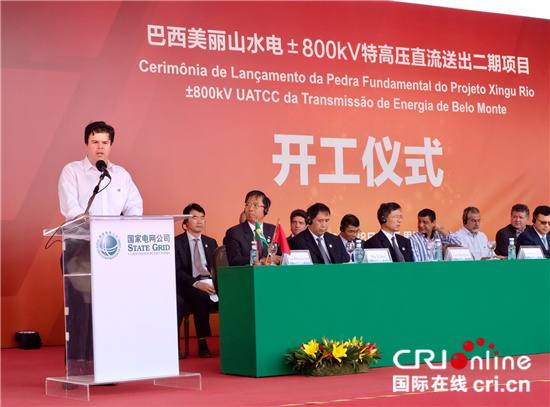
China’s Bid to Dominate Electrical Connectivity in Latin America
Introduction On March 31, Chilean regulators unconditionally approved the $3 billion sale of Chile’s Compañía General de Electricidad (CGE) to the Chinese state-owned electric utility company State Grid (InfoBae, March 31). The deal follows China Southern Power Grid’s 2018 purchase of a 27.7 percent interest... MORE
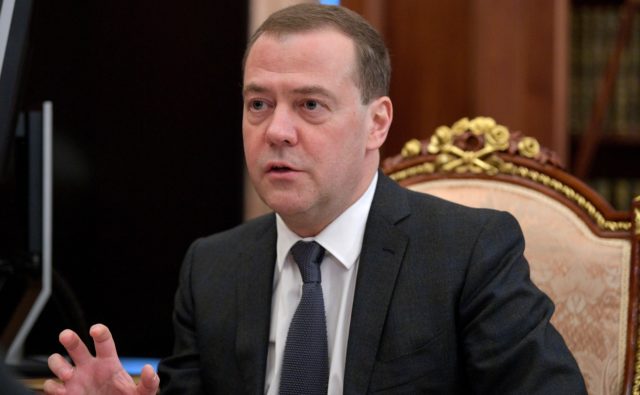
Russia’s Direct Action ‘Black Ops’ in Europe
In a recent column published by RIA Novosti, the deputy chairperson of the Russian Security Council, Dmitry Medvedev, writes that Russia’s relations with the United States have reverted back to a full “Cold War” (RIA Novosti, April 23). Medvedev served as Russia’s caretaker president from... MORE
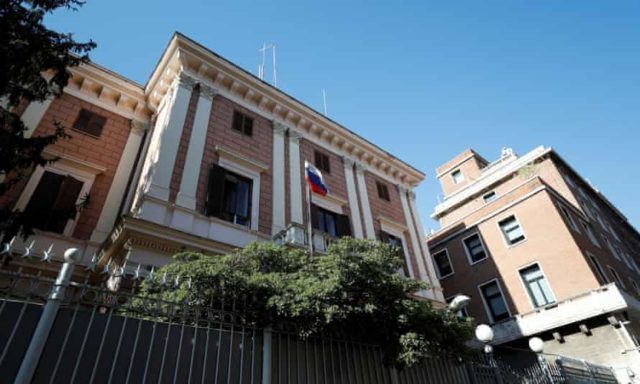
Russian Espionage Case in Italy: A Setback for Moscow?
On the night of March 30, an Italian frigate commander, Walter Biot, was caught red-handed selling documents to Dimitry Ostrukhov, an employee at the Russian embassy in Rome (Repubblica, March 31). The documents, whose content has not been disclosed, are said to regard North Atlantic... MORE
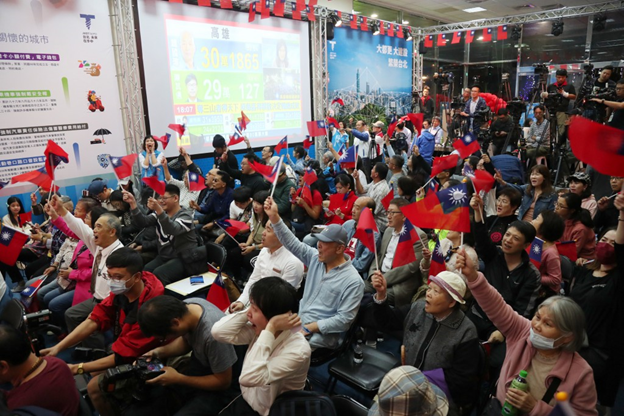
Exploring Chinese Military Thinking on Social Media Manipulation Against Taiwan
Introduction Much has been written about China’s social media manipulation in Taiwan following the 2018 nine-in-one local elections, but both Taiwanese and Western analyses have skewed heavily towards the impact of this disinformation, overlooking how the Chinese Communist Party (CCP) developed its interest in social... MORE
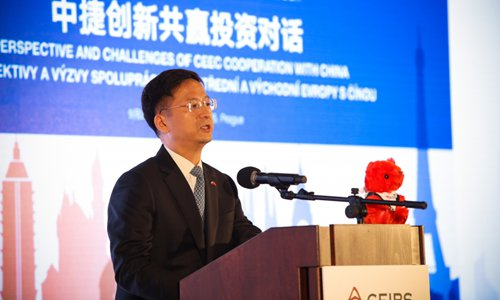
How the CCP Mobilized a Cross-Border Disinformation Campaign Against the Czech Senate Speaker
Introduction: Propaganda and Disinformation Recent events in the Czech Republic (CR) offer an interesting case study in Chinese propaganda and disinformation. For the purpose of this article, the distinction between propaganda and disinformation is understood to be the following: Propaganda creates a strategic, mostly positive... MORE
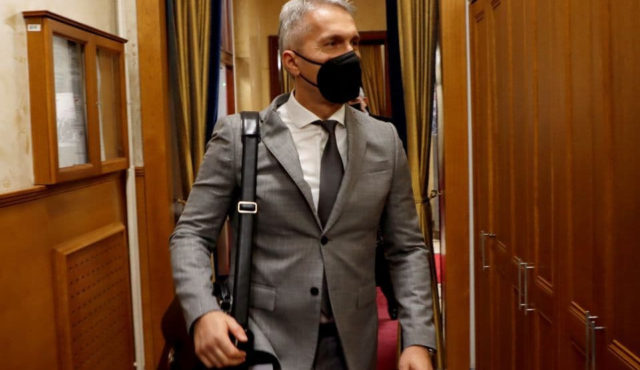
Russian Influence in Montenegro Could Create a Threat for NATO’s Information Security
A scandal erupted in Montenegro at the end of March: the head of the Balkan country’s National Security Agency (ANB), Dejan Vukšić, was charged with revealing secret information during a March 19 closed-door session of the parliament’s (Skupština) Security and Defense Committee. Committee member Raško... MORE
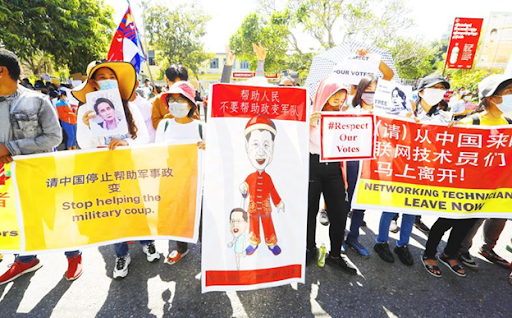
China and the Myanmar Junta: A Marriage of Convenience
Introduction On February 1, the Myanmar military (also known as the Tatmadaw) staged a coup to overthrow the democratically elected National League for Democracy (NLD) government and subsequently imposed a year-long state of emergency. NLD leaders, including State Counsellor Aung San Suu Kyi and President... MORE
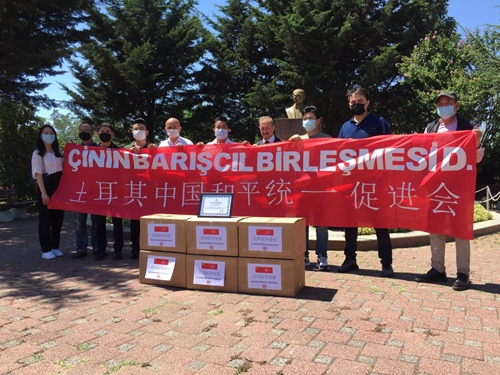
China’s Xinjiang Propaganda and United Front Work in Turkey: Part Two
Introduction The accelerated repression of Uyghurs and other ethnic minorities inside and outside of the Xinjiang Uyghur Autonomous Region (XUAR) since 2016 has highlighted the Chinese state’s extreme methods of governance and power projection abroad. The crisis in Xinjiang has become a liability for the... MORE